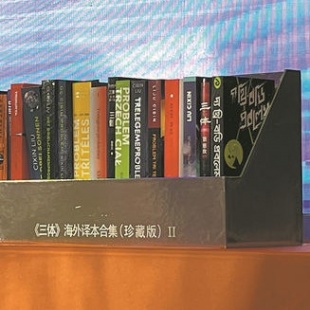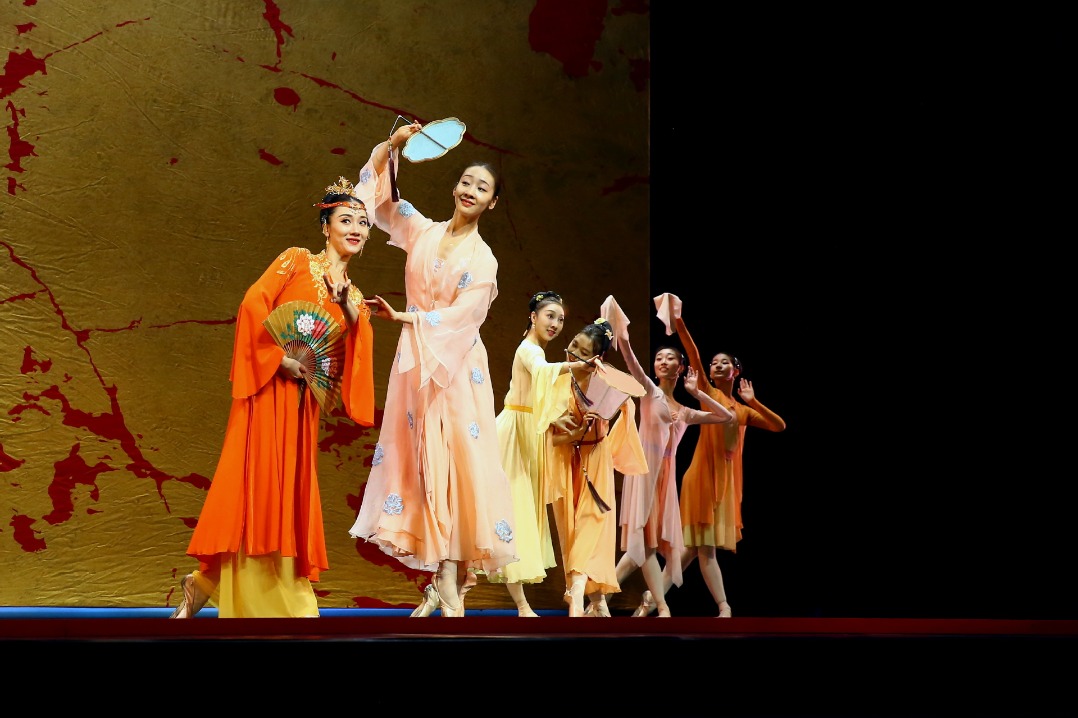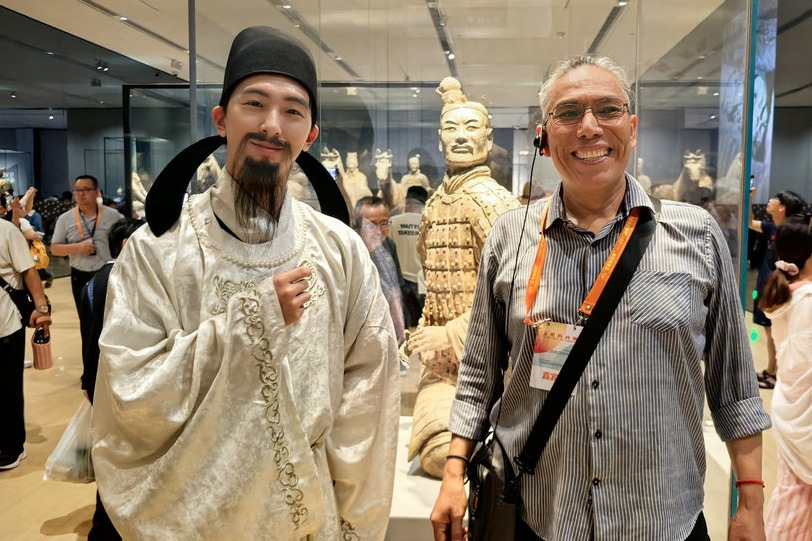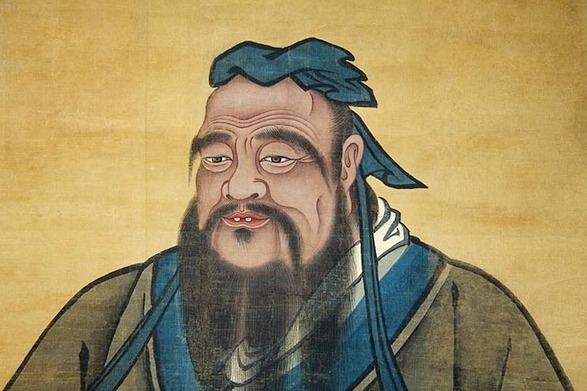Trilogy signals arrival of golden age for Chinese sci-fi

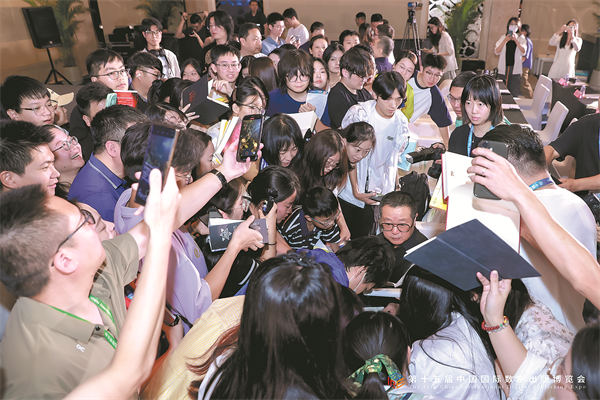
Before The Three-Body Problem, Cheetham had spent a decade wondering what sci-fi writing was happening in China. He thought that since the country was experiencing rapid development, Chinese people were "probably almost living a science-fictional existence", he says.
Hearing a US peer recommend Liu's work at the London Book Fair in 2014, Cheetham immediately suggested it to his colleagues, who rejected it. However, upon reading the book himself, Cheetham, a big sci-fi fan, became convinced of its potential and decided to publish it in the UK. Both the UK and US editions came out in November 2014.
"When I read it, I knew that it was a big, challenging science fiction book that was going to put bubbles in your brain and take you to places that you have never been before," he says.
The sheer scope presented in the novel captivated him. The third book begins with the fall of Constantinople and stretches 18 million years into the future, reaching the end of the universe.
"It's hard to actually imagine a greater scope," he says, adding that this is big-picture, big-idea science fiction that no other genre can match.
Even what doesn't happen is epic, he says, quoting one of his favorite reviews in the Times Literary Supplement.
"How can you have a story about conflicts between two civilizations where you never actually have a direct meeting between Earth and the Trisolarans? That is just absolute genius. That's one of the things I love about the book," says Cheetham.
He believes Liu's work has elevated the standards for sci-fi writing.
There was a golden age of science fiction in the 1950s and 60s in the West, which saw US writer Isaac Asimov and UK writer Arthur C Clarke come of age and create science fiction powered by big, expansive ideas.
"I feel that we then had to wait a few decades before we got something similar from Da Liu (Big Liu)," he says.
"You have to be quite brave to do something as big as Da Liu, because it has been such a success. I hope it's inspiring a new generation of writers to consider the big picture and what the future and the universe look like," says Cheetham.
"Think about humanity as a whole rather than one particular nation state's role in conquering space. I see Star Trek and things like that as very Western views of the future. Three-Body is much more panhuman."
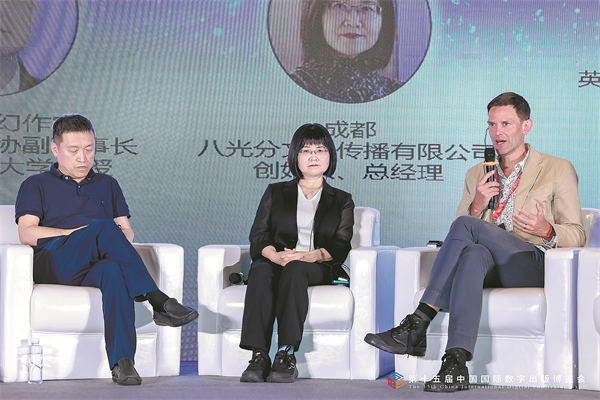
At the roundtable discussion session, Wu Yan, a professor from the Southern University of Science and Technology who studies and teaches science fiction, shared an article by a Norwegian scholar about the global success of The Three-Body Problem books that he found especially inspiring.
- Written in the stars - A dialogue with science fiction writer Liu Cixin
- 'The Three-Body Problem' celebrates a decade of global impact, charts future expansion
- 'Three-Body Problem' Ten-Year Cosmic Echoes: Global message compilation
- Drama pushes Chinese sci-fi frontiers
- Sending humanity's voice to the cosmos: Global video call for <em>The Three-Body Problem</em>


